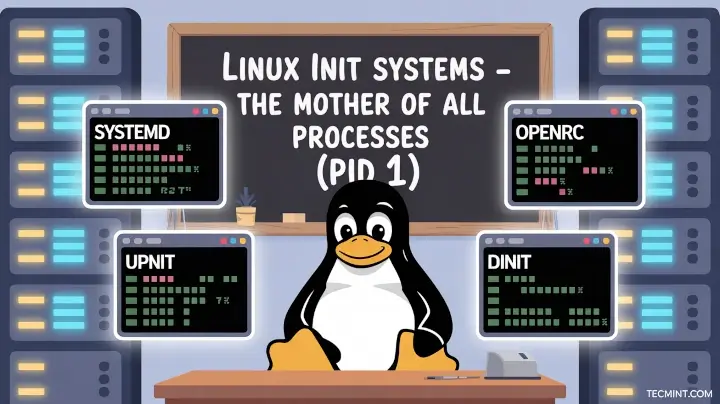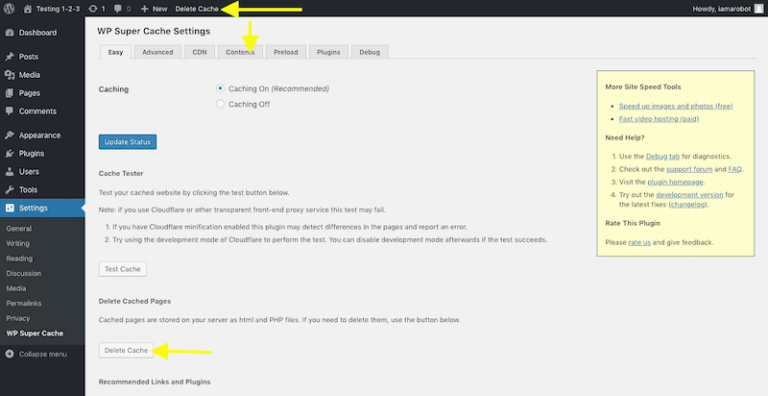Interested in building a headless WordPress site with React? You’re in the right spot. This guide will simplify headless WordPress architecture, explain the benefits of using React or Next.js, and walk you through creating a site from scratch, even if you’re new to this setup.
**Why Choose Headless WordPress with React or Next.js?**
Feeling restricted by WordPress’s traditional theme-based approach? A headless WordPress site uses WordPress for content management (backend) while the frontend is built independently with React or Next.js.
With React WordPress architecture, you get:
– Fast frontend performance
– Complete control over layouts and UI
– Access to modern development tools and workflows
This guide covers everything: setting up WordPress, building your frontend, fetching content, routing pages, securing your site, and deploying it live. Ready? Let’s start.
**What Is Headless WordPress?**
Think of headless WordPress as a decoupled system:
– WordPress manages content creation
– Your frontend (React or Next.js) fetches and displays the content
Why this matters:
– Decoupled architecture = faster performance and easier maintenance
– Modern tools: Yarn, npm, React libraries, Next.js ecosystems
– Improved developer experience using React components, hooks, and modern JS instead of PHP templates
For beginners, headless WordPress also teaches core API concepts while learning React.
**React or Next.js? Which One to Use?**
**React (CRA)**
– A straightforward choice—quickly start a project, fetch WordPress data via REST or GraphQL, and build a dynamic SPA.
**Next.js**
– A React framework offering:
– Pre-rendering with getStaticProps / getServerSideProps
– Automatic routing
– Server-side rendering for better performance and SEO
Why Next.js is ideal for a React WordPress tutorial for beginners:
– Better SEO out of the box
– Fast load times with static generation
– Easy deployment to platforms like Vercel
**Setting Up WordPress as a Headless CMS**
**A. Choose Your WordPress Hosting**
– Set up a local environment (Local by Flywheel, XAMPP, MAMP)
– Choose a live hosting provider (Gigapress, WP Engine, Kinsta, Pocket Portal)
Once WordPress is live, prepare it.
**B. Enable WordPress APIs**
– REST API – built-in; no extra plugin, but limited to core features
– GraphQL – install WPGraphQL plugin
Recommended plugins:
1. WPGraphQL – expose posts/pages/custom types via GraphQL
2. Advanced Custom Fields (ACF) – define custom fields
3. Custom Post Type UI – build unique post types easily
Also, configure:
– CORS headers so your frontend app can fetch data
– JWT Authentication for secure content
**Building a Headless WordPress Frontend Using React or Next.js**
Want to create a high-performance headless WordPress frontend? This tutorial shows how to fetch and display WordPress content using React or Next.js, powered by the WordPress REST API or GraphQL.
**React Setup for a Basic Headless WordPress Single Page Application (SPA)**
Step 1: Create a New React App
“`bash
npx create-react-app headless-wp-react
cd headless-wp-react
npm install axios graphql
“`
Step 2: Fetch WordPress Posts Using the REST API
Open `App.js` and add the following code:
“`javascript
import React, { useEffect, useState } from ‘react’;
import axios from ‘axios’;
function App() {
const [posts, setPosts] = useState([]);
useEffect(() => {
axios.get(‘https://your-wp-site.com/wp-json/wp/v2/posts’)
.then(res => setPosts(res.data));
}, []);
return (
))}
);
}
export default App;
“`
Optional: Fetch WordPress Data Using GraphQL
Install `graphql-request` and query posts from your WPGraphQL endpoint:
“`javascript
import { useEffect, useState } from ‘react’;
import { request, gql } from ‘graphql-request’;
const query = gql`
{
posts {
nodes {
id
title
excerpt
}
}
}
`;
function App() {
const [posts, setPosts] = useState([]);
useEffect(() => {
request(‘https://your-wp-site.com/graphql’, query)
.then(data => setPosts(data.posts.nodes));
}, []);
return




